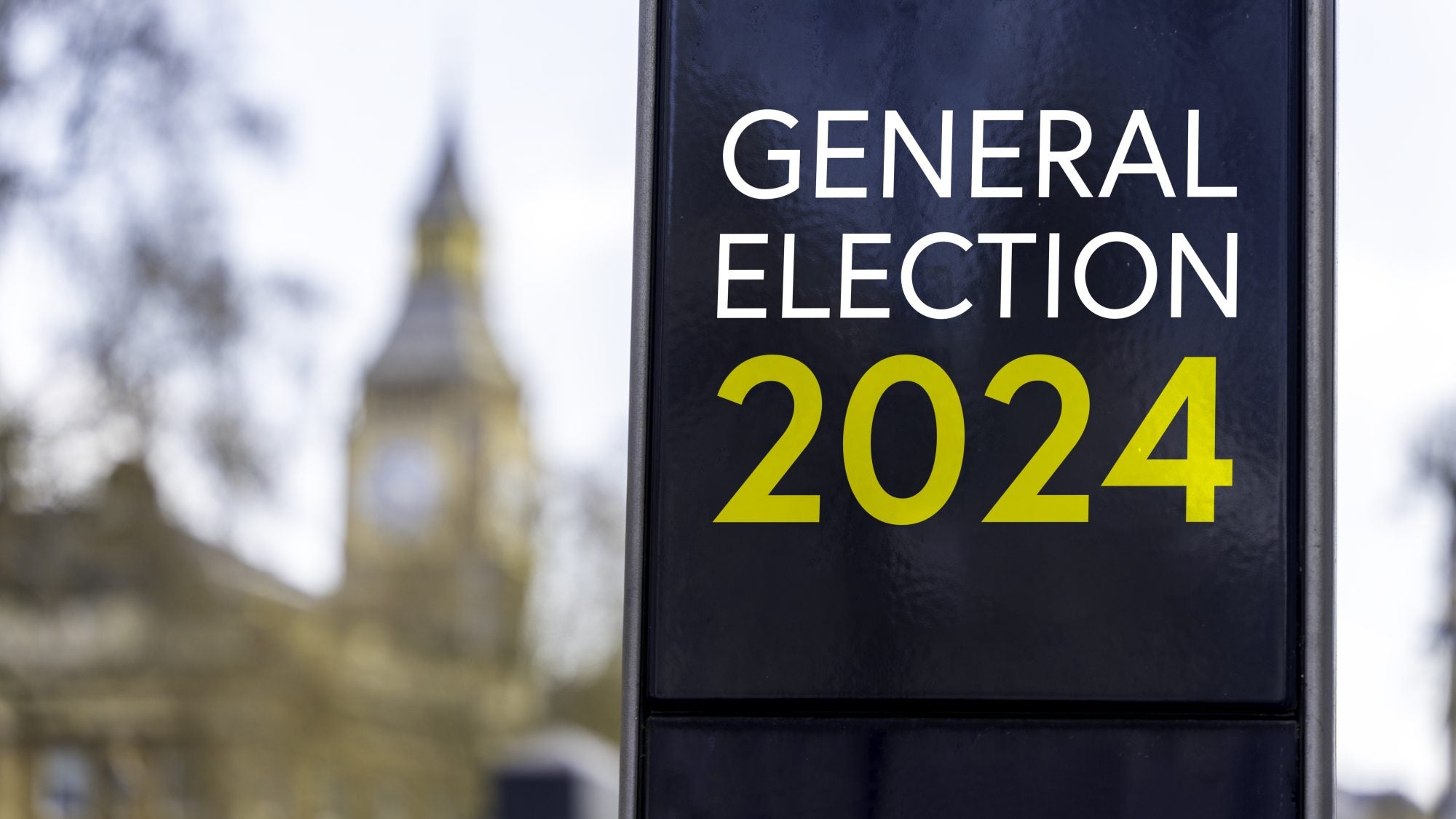People across the United Kingdom will hit the polls on July 4 to determine the next British government.

The move comes after Prime Minister Rishi Sunak called for snap elections in May, with his Conservative Party in danger of losing its 14-year rule of Parliament to the opposition Labour Party led by Keir Starmer.
“Any party that has been in power this long will confront growing fatigue and dissatisfaction within the electorate,” said Jeffrey Anderson, professor in the School of Foreign Service and the College of Arts & Sciences. “The Sunak government appears to be heading for an election defeat of historic proportions as voters weigh in on fourteen years of austerity, the chaos of Brexit and its aftermath, the perceived collapse of social services, and a growing sense that the UK is adrift at home and in the world.”
Here are Anderson’s other takes on whether the election could signal a wider electoral trend abroad and how a possible Labour government could impact the UK’s foreign policy, from relations with the U.S. and European Union to the prospects of Scottish independence.
Ask a Professor: Jeffrey Anderson on Labour Foreign Policy and Global Electoral Trends
What are the main issues on voters’ minds as they head to the polls on July 4?
There are three main substantive issues of concern to voters: the state of the National Health Service (NHS), immigration and the economy. A string of recent scandals involving government ministers has also placed the basic competence and ethics of the incumbent Tory government on the agenda as well.
How might other political parties and actors affect the outcome of the election?
The main beneficiary of the Tory Party’s collapse in support will be the main opposition Labour Party, led by Keir Starmer. Labour is looking to reclaim votes in what were once its electoral strongholds of Northern England, Scotland and Wales, and to woo centrist voters with its moderate economic and social platform, a marked change from previous left-wing Labour leadership under Jeremy Corbyn.
The big wild cards in the election are two smaller parties, the Liberal-Democrats, a centrist party that will appeal to disaffected moderate Tory voters who can’t quite bring themselves to vote Labour, and the right-wing Reform Party, led by Brexit-firebrand Nigel Farage, which will siphon off votes from the Tory Party on its right flank. Either way, the Tory Party loses, it would appear.
What effect could the election have on the status of Northern Ireland and the movement for Scottish independence?
The expected Labour Party victory will have no immediate impact on the status of Northern Ireland or the Scottish independence movement. The new government, however, will bring to power a leadership group, led by Starmer, that will be well-received in Dublin as well as key elements in Belfast that want to repair relations with the UK after the upheaval and acrimony produced by Brexit.
As for Scotland, the independence movement has been sidetracked of late by infighting within the Scottish National Party, and so a new Labour government is not likely to create a markedly new political dynamic inside Scotland. In fact, a more sympathetic government in London may further weaken the drive for political independence.
Conservative factions swept through the European Parliamentary elections in early June. What would be the significance of a Labour victory in the UK when much of Europe seems to be moving right?
Hard to say – given the very different political-institutional context in the UK as well as the fact that the UK is now formally outside of “Europe” (as defined by EU membership). It’s quite possible that the anticipated election result in July will not resonate in any meaningful way beyond the English Channel. Although the result will go against the more general “swing to the right” we’ve seen in Europe, exemplified by the June elections to the European Parliament, it’s not likely to serve as a beacon of hope for center-left parties in Europe.



